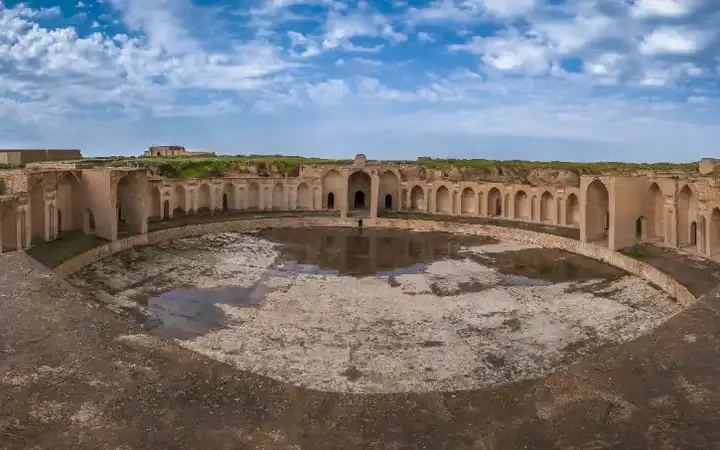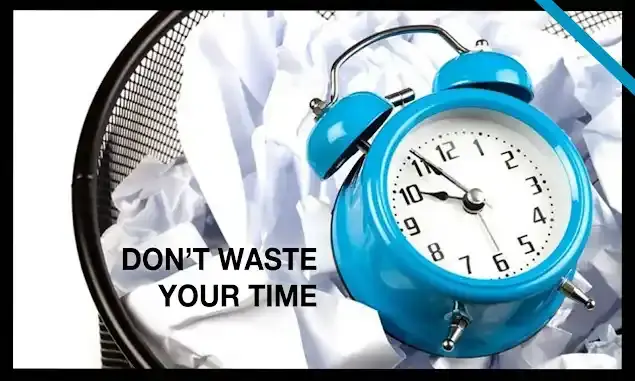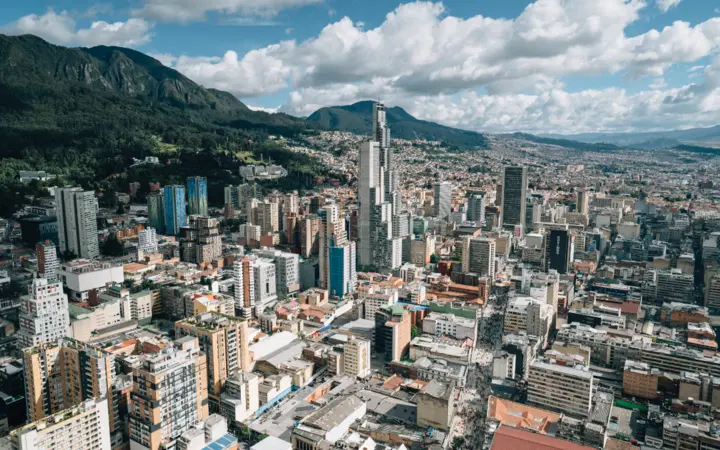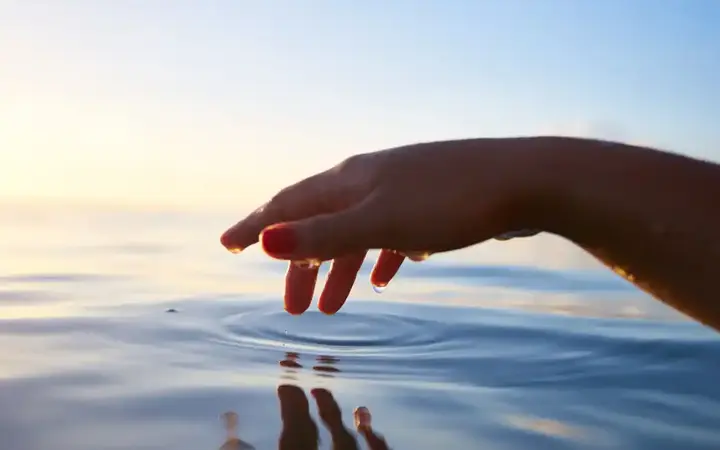How exactly to spend your money to maximize happiness, according to the latest science
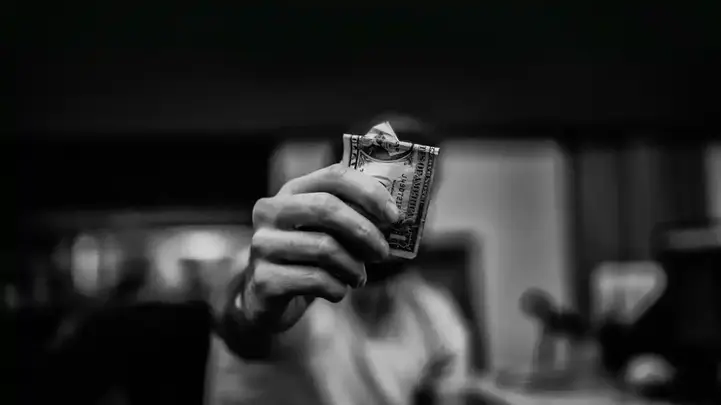
Can money buy happiness? This question has puzzled science for decades and is still far from a complete and uncontroversial answer. What is clear from a large number of conflicting studies is that the relationship between income and happiness is complex. Recent research suggests that spending money on experiments and purchases that align with intrinsic internal goals, rather than physical possessions or external aspirations, is likely to increase life satisfaction and happiness. The relationship between money and happiness is subtle, with studies suggesting that after a certain income limit, the impact of money on happiness is influenced by how it is spent. The latest research confirms that spending money in ways that align with intrinsic personal goals leads to the greatest well-being. This approach focuses on purchases that reflect an individual's values and desires, rather than external pressures or a desire to impress others. Anticipating experiences is important, as the planning phase can boost mood and behavior more than waiting for material possessions. Experiencing experiences, such as trips and activities with loved ones, is generally more satisfying than buying physical things.
Recommend

The joy that stems from material possessions tends to fade quickly as individuals adapt to the new things they own. Anticipating experiences contributes to happiness even before they happen, as the waiting period is more enjoyable and less impatient compared to expecting physical purchases. Aligning purchases with core goals, which have a personal meaning, is key to maximizing the happiness of spending. Spending money to impress others or to meet external expectations (external goals) is less likely to contribute to true happiness. Thinking about one's goals before making a purchase can ensure that spending is in line with personal values and leads to greater life satisfaction. Both common sense and research tell us that when you're struggling financially, making more money leads to a significant increase in happiness. The endless severity of poverty, according to all accounts, causes misery (which messes with your job intelligence). But if you're comfortable — previous research has suggested above the $75,000 per year threshold in income — more money seems to only help some people and some measures of happiness. All this makes science fascinating. But in practice, where does this average businessman who wants to snatch as much joy as possible from every hard-earned dollar leave? The science that determines whether making more money will make you happier may be in flux, and recent research offers simple guidance on how best to spend the money you have to maximize well-being.
Is it experiments or things?
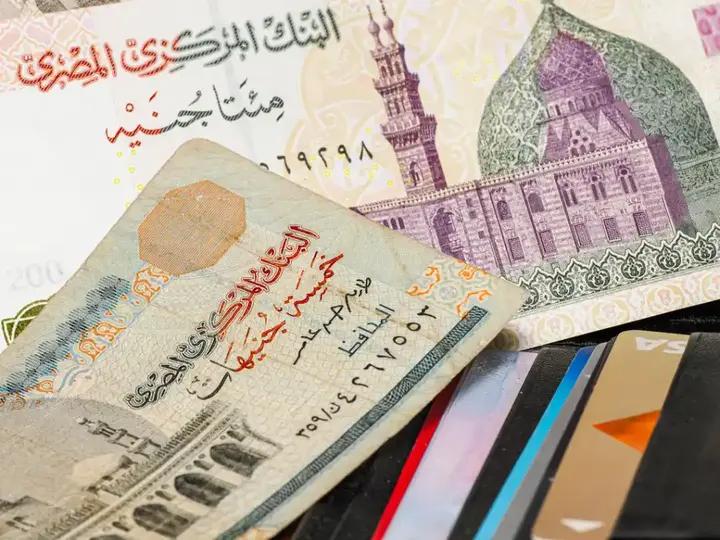
The most common answer to the question of how to spend your money for maximum happiness is to focus on experiments rather than things. The thinking goes that we tend to get used to improving our possessions – a bigger TV, a more luxurious car – fairly quickly, which means that the excitement fades quickly as well. However, experiences such as trips, lessons, and activities with loved ones leave us with memories that we can enjoy for the rest of our years. Not only that, but planning experiments brings us joy even before they happen. "Those who wait to try what they tend to be in a better mood and better behavior than those who wait for a material commodity." There is nothing wrong with this line of thinking as . Numerous evidences confirm that focusing on wealth and material possessions tends to leave people feeling empty and dissatisfied. Experiments are the best bet compared to more things. But a new study adds additional information to the latest scientific advice on spending your money for maximum happiness.
In fact, it's all about goals.

In the new study – recently published in the British Journal of Social Psychology – researchers asked 452 participants to describe a recent large purchase, excluding daily expenses such as bills. They were also asked to rate how much the purchase added to their life satisfaction and happiness and how well it aligned with their external goals (those related to the expectations of others) and core goals (those we seek for our own reasons). "The researchers found that the more purchasing reflects people's core goals, the more they think it improves their well-being. In other words, the greatest well-being occurred when people spent money on something that was important to them personally," according to a report by the UC Berkeley's Center for Science for the Greater Good. This is not to say that the material commodity factor versus experience was irrelevant.

Experiences brought more joy from things. But bringing yourself one step closer to what you really wanted in life was the most important. According to one of the study's authors, Cardiff University psychologist Olya Moldis Andres, the discovery has a very practical benefit. "She recommends stopping to think about why we bought it, and what benefit we're going to get from it. If we're spending money trying to impress people or project a certain image (in other words, external goals), the purchase may not actually be worth it," the next time you find yourself in a fun situation where you have some extra cash to spend, take a minute to think about your goals. According to the latest science . Knowing what you want in life and how you can distribute your money to get closer to it is the way to get maximum happiness for your money.
![]()
The history of the city of Samarra ... Iraq's Hidden Gem
Samarra, once a grand Abbasid capital, still stands with its iconic spiral minaret and rich Shia heritage. Though chosen as the capital of Islamic civilization in 2020, the city remains dusty and neglected, holding untold stories within its historic ruins. more- ADVERTISEMENT
![]()
6 Things Expats Wish They Knew Before Moving to Hong Kong
Hong Kong’s street food scene is full of delicious surprises—think egg pancakes, wonton pasta, and authentic fish balls at wallet-friendly prices. If you’re feeling fancy, don’t miss the city’s Michelin-starred dim sum spots. more- ADVERTISEMENT
![]()
Success Guide - How did you develop the habit of reading?
Reading is a fun and rewarding habit that boosts knowledge and self-growth. Start with books you love, set small, realistic goals, and make reading part of your daily routine. Share the joy with others, use reading apps, and don't give up—consistency makes it easier and more enjoyable over time. more- ADVERTISEMENT
![]()
Is the Nile the longest river in the world? Amazon would like the word.
The Nile is the world’s longest river- The Amazon would like a word more- ADVERTISEMENT
![]()
Virtual reality technologies: How are they changing the way we learn and entertain?
Virtual reality is transforming how we learn and play—students can explore ancient civilizations or the human body in 3D, while gamers and movie lovers dive into immersive worlds. It’s also sparking creativity, letting artists and designers bring bold ideas to life in virtual spaces. more- ADVERTISEMENT
![]()
Can companies avoid Kodak's future fate?
Can Companies Evade the "Kodak" Destiny in The Future? more- ADVERTISEMENT
![]()
Does pregnancy accelerate "biological aging"?
A study in the Philippines found that pregnancy may speed up biological aging in women, with each pregnancy linked to about 4 to 4.5 months of aging. This effect wasn't seen in men, and varied depending on context. Researchers hope these insights might guide future anti-aging treatments. more- ADVERTISEMENT
![]()
How can I stop wasting time?
Distractions like phones and social media eat up your time. Create routines, set priorities, and work in focused time blocks. Keep your phone silent, avoid multitasking, and believe in yourself to overcome procrastination. Small changes can make your days much more productive. more- ADVERTISEMENT
![]()
The four highest capitals in the world are located in Latin America, what are they?
Many Latin American capitals sit high in the mountains for reasons like cooler climates, better defense from pirates, and historical ties to indigenous sites. Cities like La Paz, Quito, and Bogotá remain notable for their altitude, beauty, and strategic importance since colonial times. more- ADVERTISEMENT
![]()
Habits of remarkably calm people
Remarkably calm people aren't born that way—they build habits like mindfulness, deep breathing, and regular exercise to stay composed. They also focus on positive thinking, good sleep, and managing time well. These simple yet powerful habits help them stay cool even when life gets stressful. more- ADVERTISEMENT












